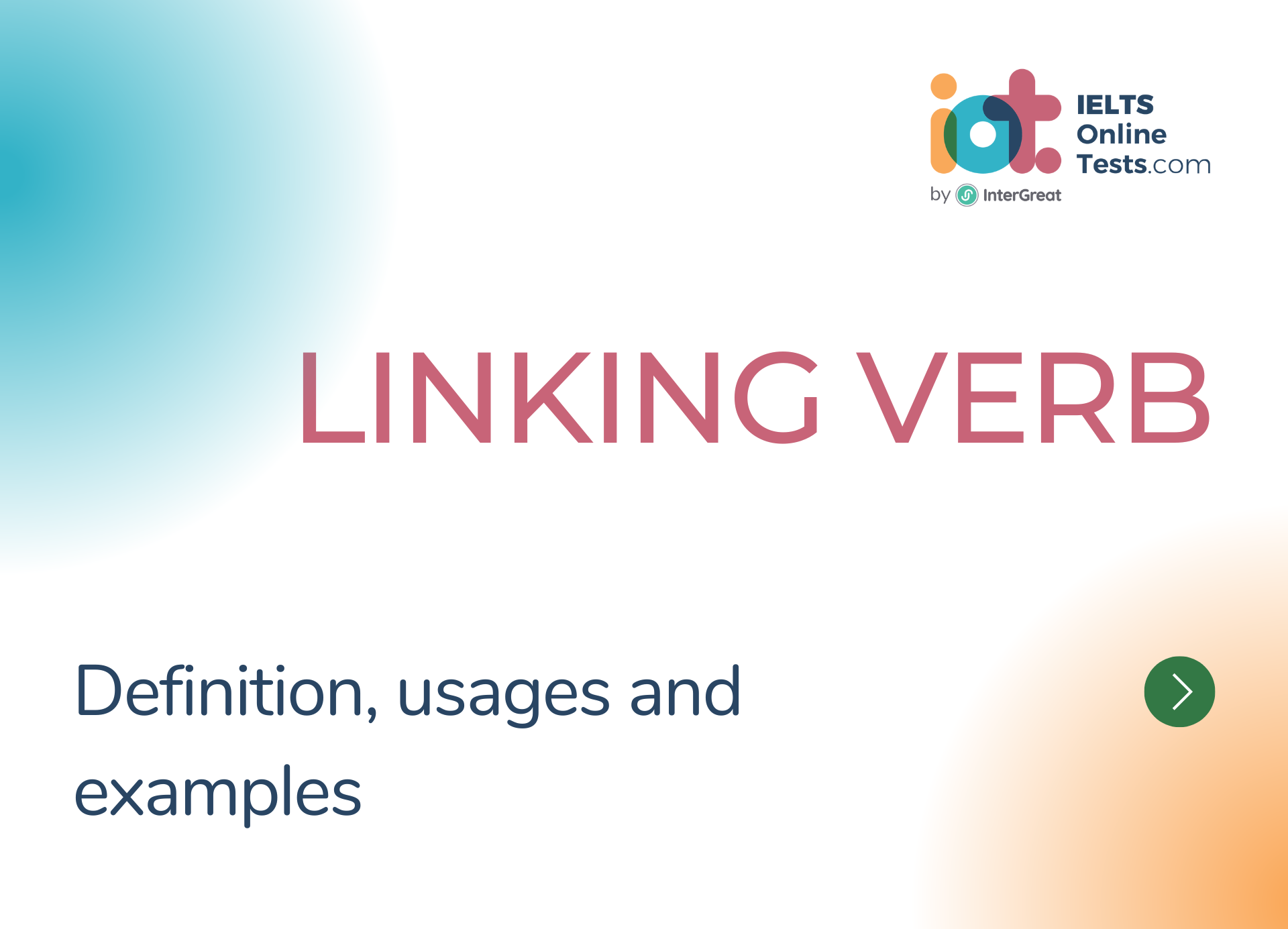
Linking verb definition and examples
Linking verbs, also known as copular verbs, are verbs that connect the subject of a sentence to a noun, pronoun, or adjective that describes or identifies it. They link the subject to a complement that provides more information or attributes to the subject. Linking verbs do not express action but rather a state of being or a relationship.
Here's a detailed explanation of linking verbs with additional examples:
Linking Verbs:
- Linking verbs connect the subject of a sentence to a complement that describes or identifies it.
- Example:
- "She is a doctor." (The linking verb "is" connects the subject "she" to the complement "doctor.")
Complement:
- The complement is the noun, pronoun, or adjective that follows the linking verb and provides additional information about the subject.
- Example:
- "He seems tired." (The complement "tired" describes the subject "he.")
- Be: "She is intelligent."
- Seem: "He seems happy."
- Become: "They became friends."
- Look: "The painting looks beautiful."
- Feel: "I feel tired."
- Sound: "It sounds like a great idea."
- Remain: "He remained calm."
- Grow: "The flowers grew colorful."
Additional Examples of Linking Verbs:
- "She became a successful entrepreneur."
- "He appears confident in his abilities."
- "They feel excited about the upcoming trip."
- "The cake smells delicious."
- "The music sounds melodious."
- "The situation seems complicated."
Linking verbs help establish a connection between the subject and its description, identification, or state. They do not express action but rather the condition or characteristic of the subject. Recognizing and using linking verbs accurately helps in constructing sentences that describe states of being and attributes.




